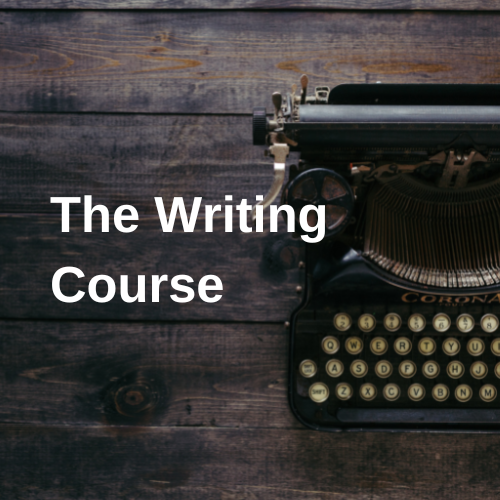Fundamentals of Academic Writing #4: Decision-making
Last time, I mentioned that making clear, confident decisions is one of the keys to success in academic writing.
But a lot of PhD students are scared to make decisions. You might be afraid that you’ll make the wrong choice, or miss something the examiner wants to see, so you might be tempted to delay making decisions by just putting everything on the page.
But if you don’t make decisions, it’ll be unclear what you want to say, and then the reader will have to try to figure it out.
PhD thesis examiners want you to make decisions in your writing
So here’s the secret: your examiner wants you to make decisions. They don’t want to read everything you can think of and they don’t want to have to figure out what you’re trying to say.
They don’t have a pre-determined list of expectations for what you should cover. They want to know about your work, your argument, your interpretation, and they want you to decide what extra information is relevant to your project.
In writing, there are always countless possibilities, countless ways to express ideas and countless ways to piece them together, so it’s not always easy to make decisions. But it’s important to make them anyway, partly because you just have to, and partly because making one decision often makes subsequent decisions easier.
Making decisions makes editing much easier
Avoiding decisions, by throwing everything at the page and just writing your way through, makes it much harder to edit your work later, in part because you’ve trained that habit of avoidance, and in part because you haven’t set any parameters for the work. If you haven’t decided what the focus is, or what to include and what to leave out, all you’re doing is moving stuff around.
As I mentioned in the few last videos, while I’m writing I take my time to think, to consider different options and to take care over the writing, but I also make decisions and move forward.
But I’ll also make some important decisions before I start writing.
Focus on your strengths
For example, before I started writing my PhD thesis I decided to focus exclusively on my strengths. As an experimentalist working in instrument development, I decided to give far more emphasis to the inner workings of the instruments I used and built than to theory.
Effectively, I was choosing the ground I wanted to defend, so I decided to bring the examiners to the areas where I was strongest, instead of drawing their attention to areas where I was weaker.
I also decided that, rather than trying to show how much I’d read, I would only cite the very best and most relevant sources I could find. Any individual paper had to be good enough to get into my thesis. I also wouldn’t cite anything I hadn’t read or understood, and if there was any doubt, i would leave a paper out.
These high-level decisions made many of the smaller, subsequent decisions much easier. Not always easy—some of them did take a lot of thought—but at least a lot easier than they would have been.
Crucially, I also decided to keep working on a section of writing until it was done before moving on. I wouldn’t switch to working on another section just because I was stuck on this one.
This forced me to make decisions, but it also helped build my confidence, as I found ways through the problems I faced, and it gave me a sense of satisfaction seeing sections finished.
So in the next video I’ll talk about how I go about solving some of these problems when I face a block in my writing.

